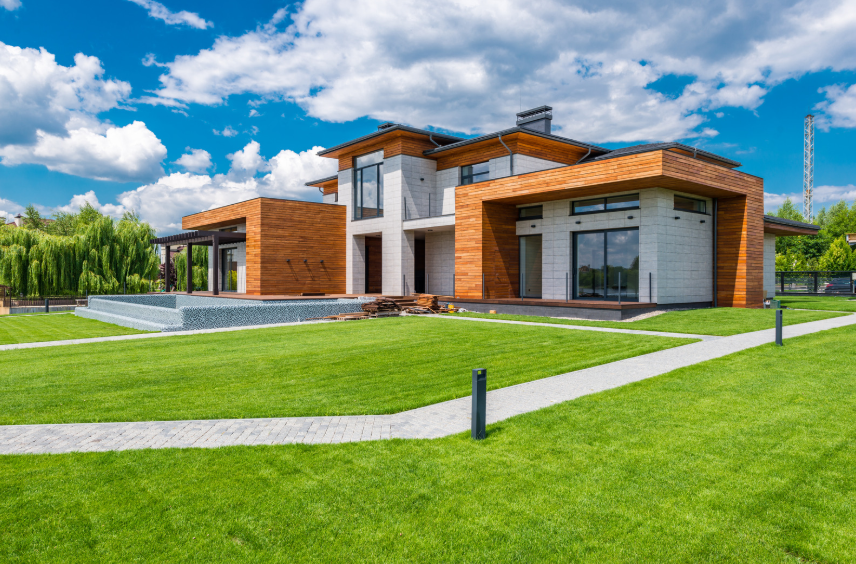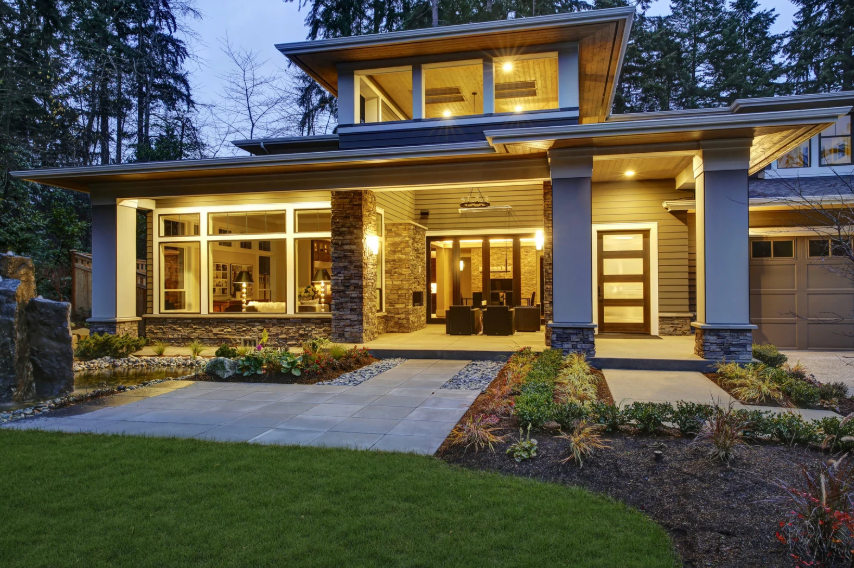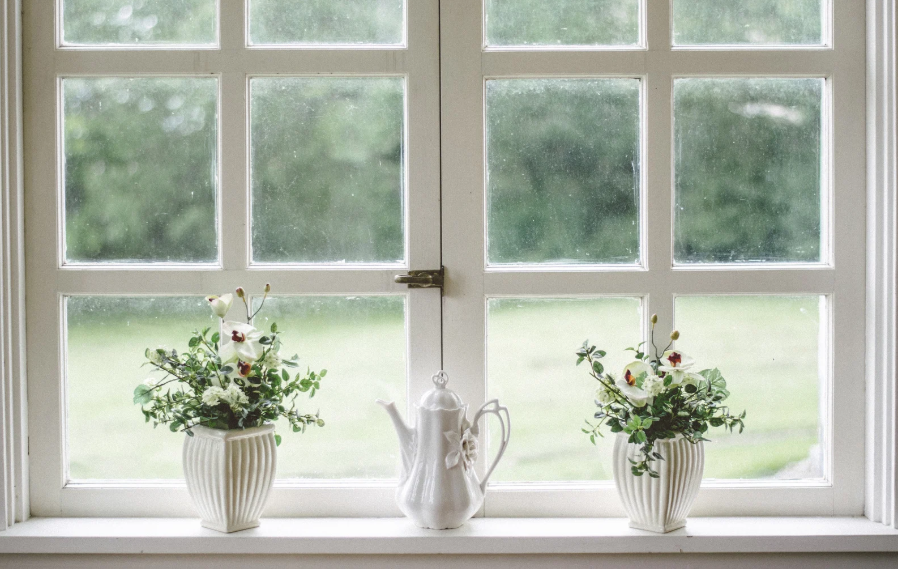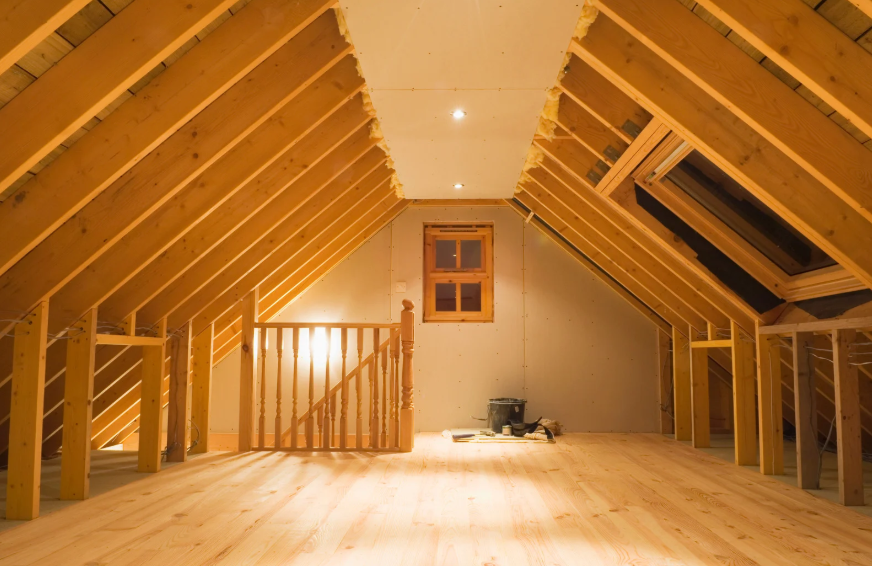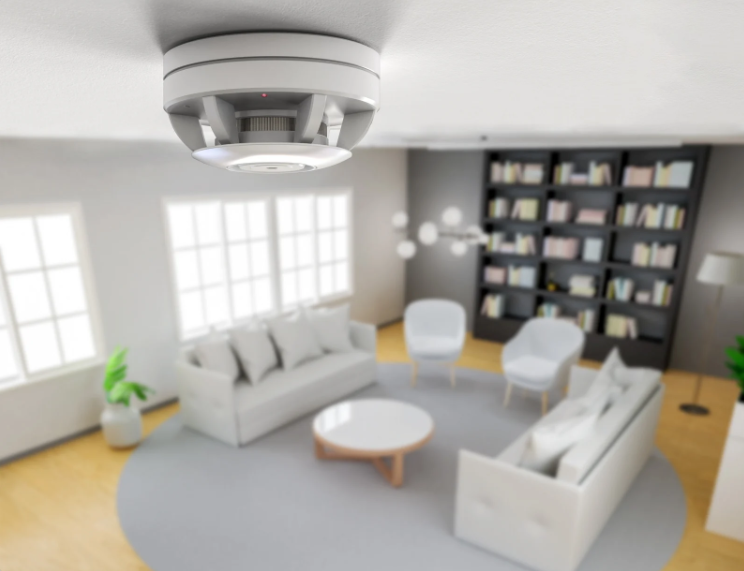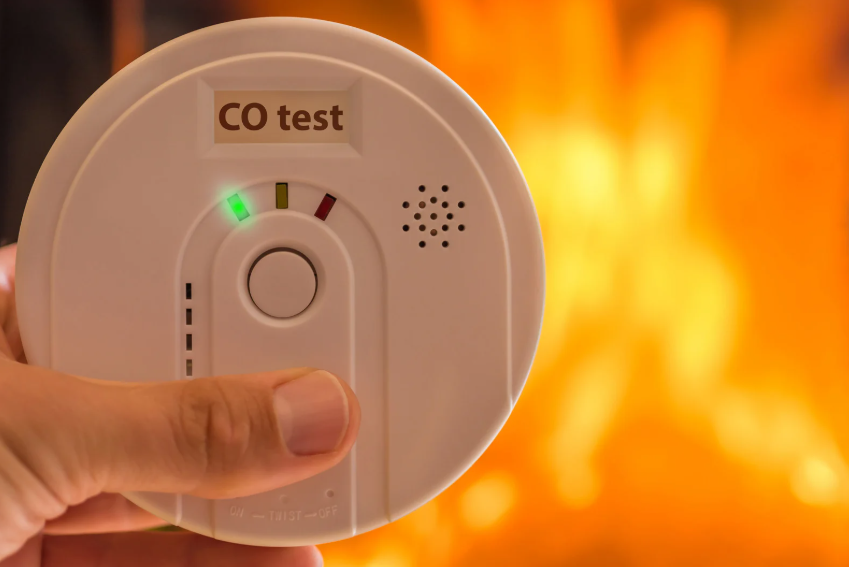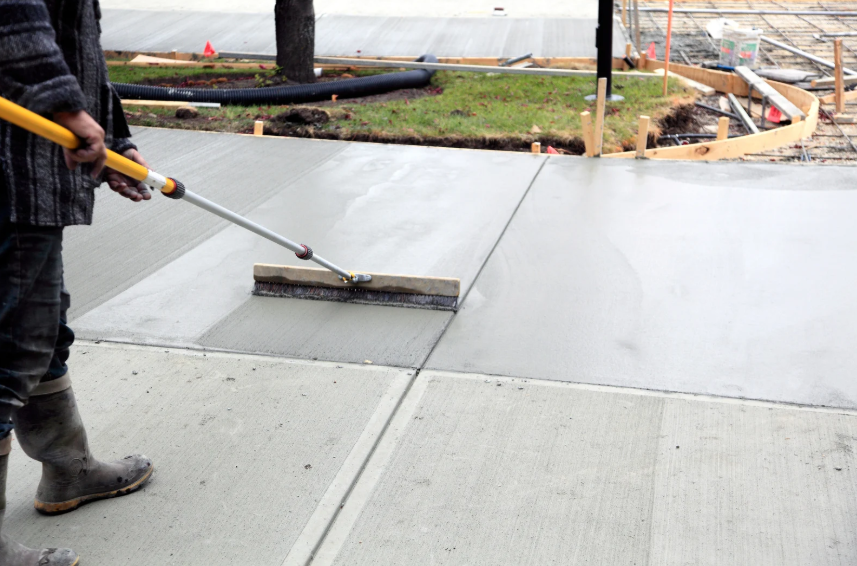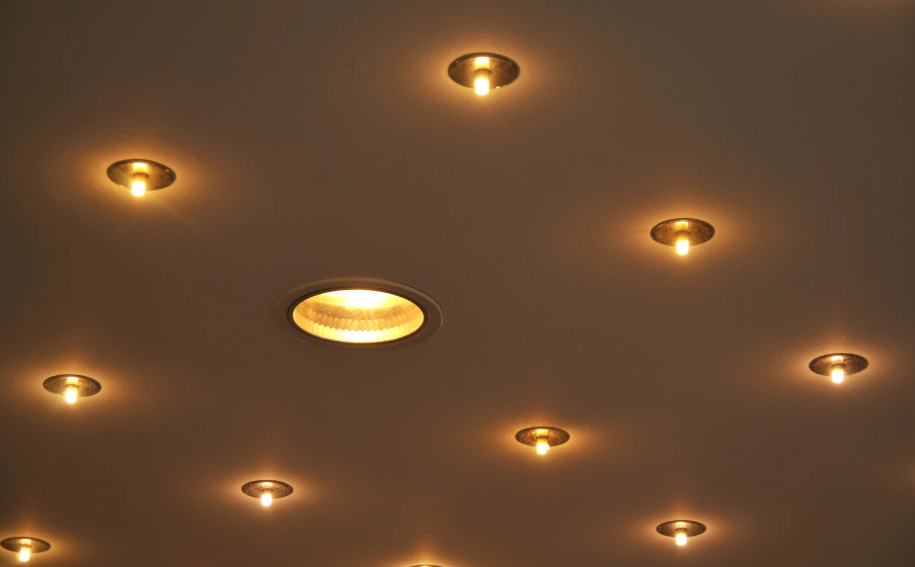Repairing vs. Replacing: The Cost-Effective Approach to Home Maintenance
- By Faseeh Blackloup
- •
- 01 Dec, 2024
- •
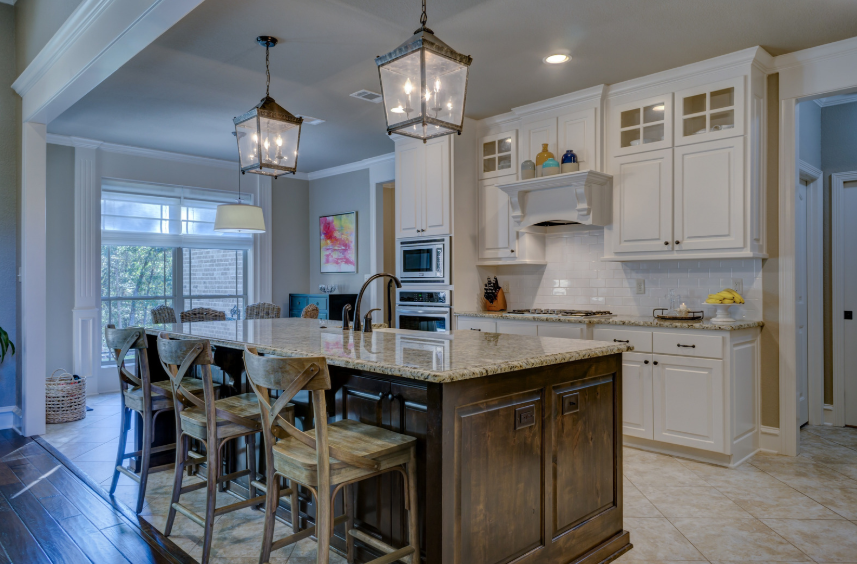
At Jeff Home Improvement, we specialize in offering tailored home maintenance services to address your needs and ensure your home remains functional and beautiful.
Understanding Repairing vs. Replacing
Repairing involves fixing the existing fixture or system to restore its functionality.
Replacing entails installing a new fixture or system, which can be more costly upfront but offers long-term reliability.
Each approach has pros and cons; the key is determining which option best fits your budget and goals.
Benefits of Repairing Home Fixtures
Repairing is often the go-to option for minor issues or when the cost of replacement is prohibitively high. Here’s why repairing might be the right choice:
Cost-Effectiveness: Repairs are generally less expensive than replacements.
Sustainability: Repairing reduces waste, making it an eco-friendly option.
Preservation: Repairs allow you to maintain their charm and character for vintage or unique fixtures.
For instance, repairing a leaky faucet or patching a damaged roof can extend their lifespan without breaking the bank.
Advantages of Replacing Home Fixtures
Sometimes, replacement is the smarter choice, particularly when repairs become too frequent or costly. Here’s when replacing makes sense:
Efficiency: New fixtures often come with improved technology or energy efficiency.
Long-Term Savings: Replacement costs more upfront, but it eliminates the need for recurring repairs.
Enhanced Aesthetics: New fixtures can update the look and feel of your home.
For example, replacing old windows with modern energy-efficient ones can significantly reduce utility bills.
Common Home Fixtures: Repairing vs. Replacing
Let’s examine common household fixtures and the scenarios where you should repair or replace them.
Plumbing Fixtures
Repair: Leaky faucets or clogged pipes are often repairable with minimal cost.
Replace: Outdated plumbing systems prone to frequent issues may warrant a complete overhaul.
HVAC Systems
Repair: Fixing a malfunctioning thermostat or cleaning ducts can restore efficiency.
Replace: If your system is over 15 years old and repair costs exceed half the replacement cost, consider upgrading.
Roofing
Repair: Small leaks or minor shingle damage can usually be fixed.
Replace: A roof nearing the end of its lifespan (20-30 years) with widespread issues should be replaced.
Appliances
Repair: Repairing may suffice for issues like a faulty motor or minor electrical problems.
Replace: Old appliances with poor energy efficiency or repeated breakdowns are better replaced.
Factors to Consider When Deciding
Deciding whether to repair or replace depends on several factors:
Cost Comparison: Compare repair costs with replacement costs. As a rule, if repairs exceed 50% of the replacement cost, go for the latter.
Age of the Fixture: Older items with frequent issues are better replaced.
Energy Efficiency: Modern replacements often reduce energy consumption, saving money in the long run.
Future Plans: If you plan to sell your home soon, replacements can boost its market value.
For tailored advice, Jeff Home Improvement offers comprehensive home maintenance services to help you make informed decisions.
The Role of Preventive Maintenance
One way to minimize the dilemma of repairing vs. replacing is through preventive maintenance. Regular upkeep ensures fixtures last longer and reduces the likelihood of costly breakdowns.
Regular Inspections: Identify potential issues early.
Timely Repairs: Address minor problems before they escalate.
Seasonal Maintenance: Prepare your home for changing weather conditions.
From plumbing systems to roofing, Jeff Home Improvement’s home maintenance services include preventive care to keep your home in shape.
The Cost-Effectiveness of Hiring Professionals
Jeff Home Improvement offers expert repair and replacement services, saving you time and money in the long run. Our skilled team evaluates each situation carefully and provides honest advice tailored to your needs.
Real-Life Examples: Repairing vs. Replacing
Scenario 1: A Faulty Water Heater
Repair: If the issue is a minor thermostat or heating element problem, repair it.
Replace: If the water heater is over 10 years old or shows signs of corrosion, replacement is the better option.
Scenario 2: Damaged Flooring
Repair: Small scratches or loose tiles can often be repaired easily.
Replace: Extensive water damage or warped hardwood may require full replacement.
These examples highlight how evaluating each situation individually ensures the most cost-effective solution.
Conclusion
Deciding between repairing and replacing can be challenging, but understanding the factors involved helps make the process easier. Whether you’re dealing with a leaky faucet, an aging HVAC system, or damaged flooring, Jeff Home Improvement is here to help.
Our team offers expert guidance and quality home maintenance services tailored to your needs. You can maintain a functional, beautiful, and cost-effective home for years by balancing repairs and replacements.





